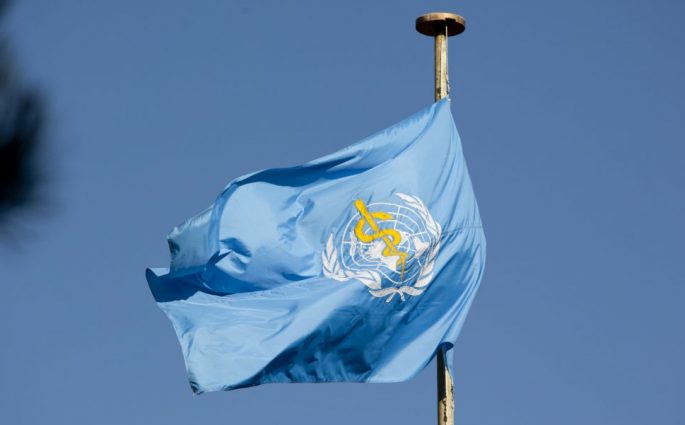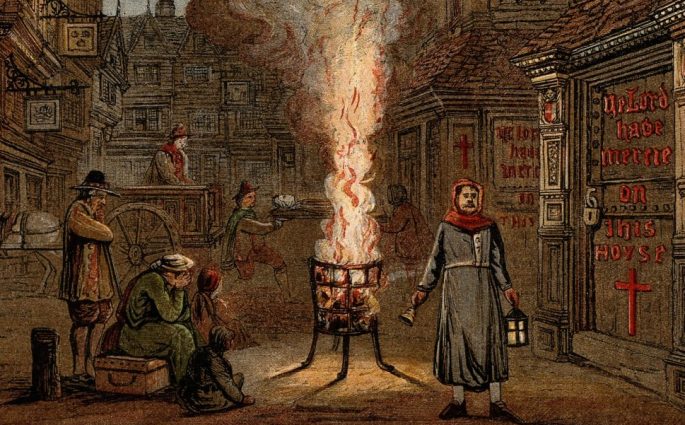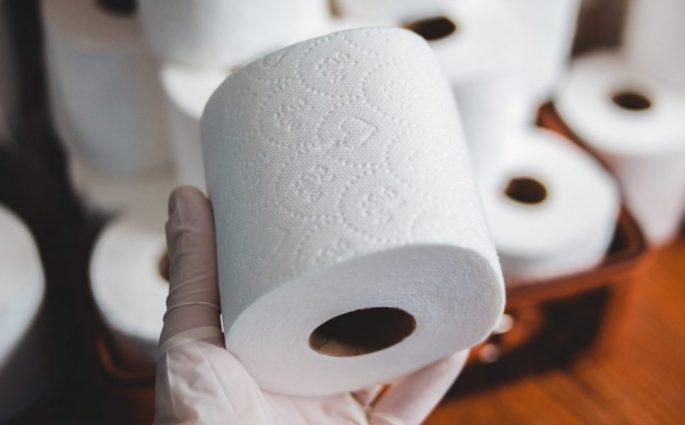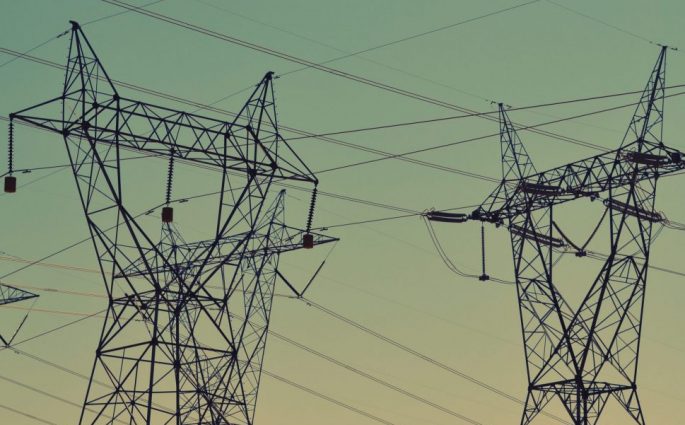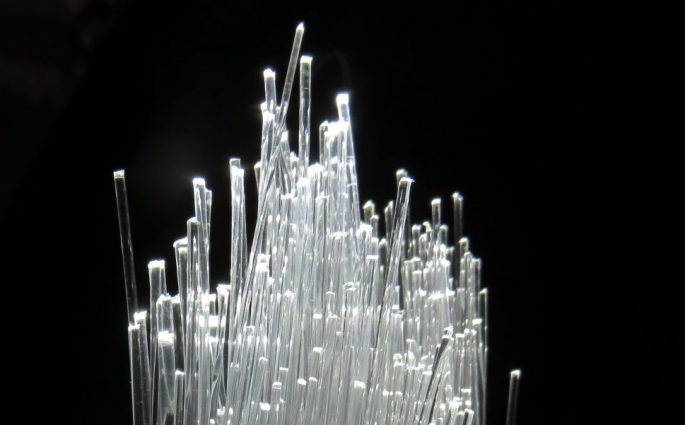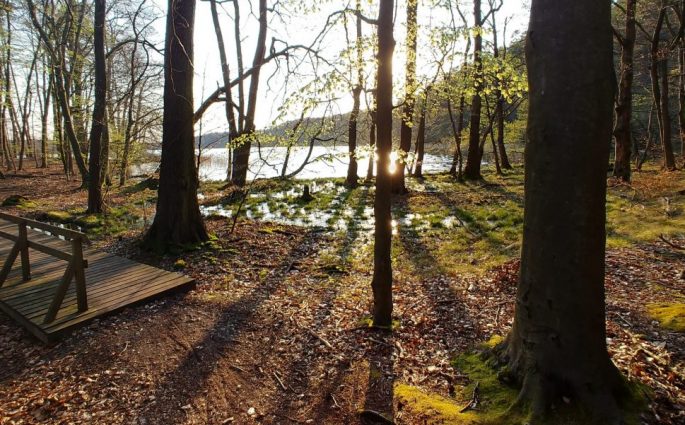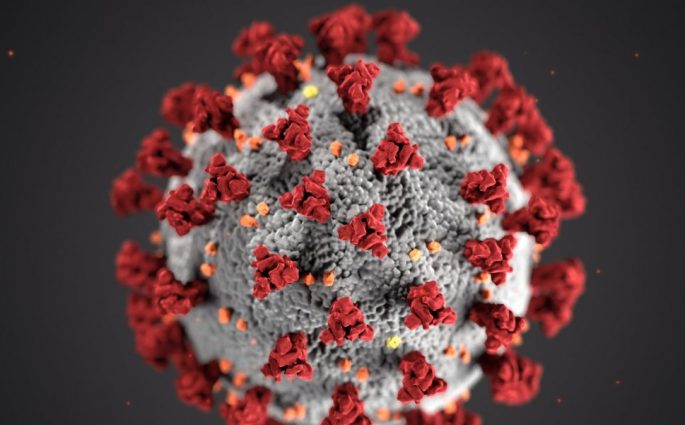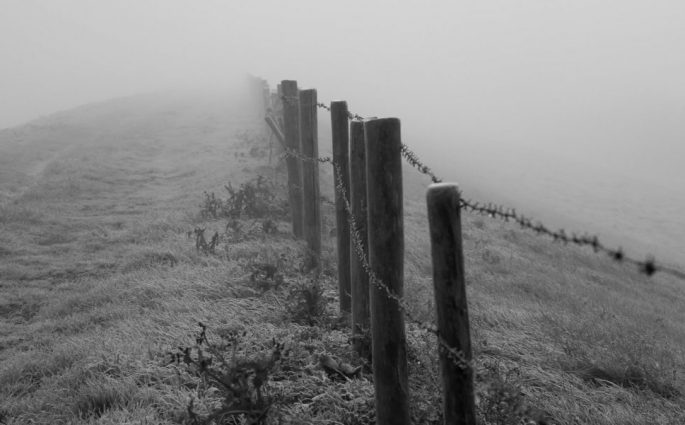Multilateralism in Global Health
Kathryn C. Lavelle— The political boundaries that humans construct rarely confine disease. Thus, medicine is humanity’s most transnational endeavor. To understand systems of coordinating relations across states in accordance with certain principles of conduct, international relations uses the term multilateralism, which can be grounded in specific international organizations (IOs) or

